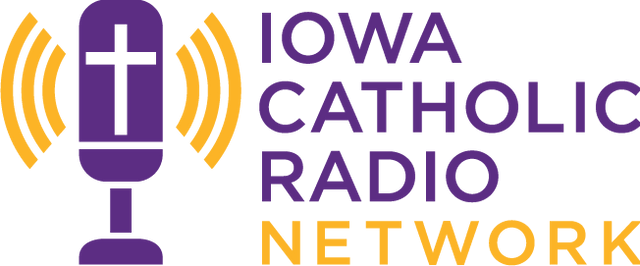Photo illustration. / Shutterstock
Washington, D.C. Newsroom, Jun 12, 2022 / 04:00 am (CNA).
U.S. Rep. Chris Smith of New Jersey is proposing bipartisan legislation to aid survivors of human trafficking. The issue, he told CNA, is a pro-life one.
“I’m animating my entire work here by Matthew 25, when our Lord said, ‘Whatever you did for the least of my brethren, you did for me,’” he emphasized to CNA at a June 9 press conference outside of the U.S. Capitol Building, promoting the Frederick Douglass Trafficking Victims Prevention and Protection Reauthorization Act of 2022 (H.R.6552). As with advocating for the unborn, advocacy for these women, he said, falls under protecting society’s weakest and most vulnerable.
With the input of survivors on top of years spent studying the issue, Smith, a Republican, authored the act together with Rep. Karen Bass, a Democrat from California.
The legislation would reauthorize the Trafficking Victims Protection Act of 2000, also authored by Smith, his office said. It would provide roughly $1 billion over five years to strengthen and expand education, restorative care, and other critical programs that protect victims, prosecute perpetrators and prevent trafficking.
Essential programs that aid in the prevention of human trafficking and the protection of survivors require the reauthorization of funding, which expired in September of 2021, Smith said at the press conference.
An earlier version of the bill, named after abolitionist Frederick Douglass, had the backing of Frederick Douglass Family Initiatives, a non-profit run by Douglass’ direct descendants.
“This is trauma and victim informed, which I think is extraordinarily important. We’ve listened to those who have suffered from modern-day slavery and made sure we got it right,” Smith said.
This bill seeks $1 billion in funding to ensure that each survivor is afforded “quality employment pathways and equitable care,” and it has garnered support from 316 signatories and over 500 advocates.
New provisions to the bill named in honor of Douglass include social services, case management, life skills training, mental health care, assistance in job searches, and higher education for survivors.
That same day, over 800 anti-trafficking and advocacy organizations together with 18 trafficking survivors signed a letter to congressional leaders calling for a U.S. House of Representatives vote on the bill.
The letter ends by urging the House to schedule the bill for a vote to “assure that survivors are afforded the care and respect they deserve without delays or gaps in critical services.”
Smith told CNA up to 30 million people a year are trafficked. Following the pandemic, he said, “a lot of it went underground … and there was an exponential increase in grooming of young children.”
The U.S. Department of State defines human trafficking as a “crime of exploitation” where “traffickers profit at the expense of their victims by compelling them to perform labor or to engage in commercial sex in every region of the United States and around the world.” It cites an “estimated 24.9 million victims worldwide at any given time.”
In an effort to fight human trafficking, the U.S. Conference of Catholic Bishops (USCCB) hosts an Anti-Trafficking Program to “educate on the scourge of human trafficking as an offense against fundamental dignity of the human person, to advocate for an end to modern-day slavery, to provide training and technical assistance on this issue, and to support survivors through community-based services.”
“Some people are trafficked for prostitution, pornography, and other forms of sexual exploitation. Some are trafficked for forced labor in agriculture, sweatshops, and domestic servitude,” the USCCB says. “In both cases, the person who is enslaved is treated as an object for another’s benefit. The person’s God-given human dignity is either ignored or forgotten.”
